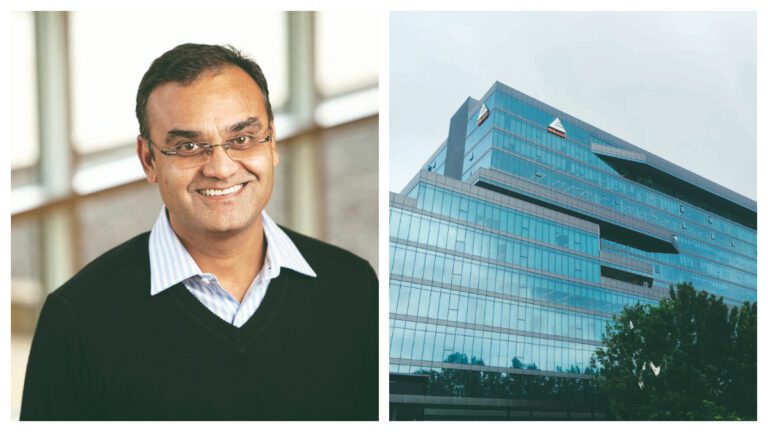Philips Innovation Campus: Redefining Health Care through AI
Imagine a cutting-edge AI-driven electric razor that tailors your shaving experience based on the unique characteristics of your hair and skin. Now consider Philips Lumea, a revolutionary home hair removal device utilizing intense pulsed light technology (IPL) that gradually diminishes hair growth. These advancements exemplify the groundbreaking innovations emerging from the Philips Innovation Campus (PIC) in Bengaluru.
A Hub of Technological Innovation
Established in 1996, the Philips Innovation Campus serves as a microcosm of the company’s global operations, encompassing various commercial units and functional divisions. With a vast 650,000 square feet facility in Yelahanka, the campus has seen an investment of ₹500 crore as of November 2023, employing approximately 4,500 professionals dedicated to pioneering advancements in health technology.
AI and the Future of MRI Technology
Arvind Vaishnav, Head of the Philips Innovation Campus, emphasizes that it has become the largest innovation center for Philips, particularly in the realm of software expertise and AI applications. The campus harbors the world’s leading R&D team for Magnetic Resonance Imaging (MRI), focusing on innovations like helium-free technology and imaging powered by AI. These advancements aim to enhance diagnostic precision, operational efficiencies, and promote environmentally-friendly practices in the healthcare sector.
Enhancing Diagnostic Processes
According to Vaishnav, AI significantly revolutionizes MRI technology, reducing scan times by up to 50% while simultaneously enhancing image clarity. AI-driven algorithms facilitate real-time analysis, providing more accurate diagnostics for complex conditions like neurological disorders and cancers. Recently, the introduction of Smartspeed precise technology has markedly improved both scanning speed and diagnostic image quality, extending AI efficiencies across the entire Philips MRI portfolio.
Revolutionizing Minimally Invasive Treatments
Minimally invasive treatments have advanced due to two key medical innovations over the last century. First, endoscopy facilitated access to and treatment of internal organs. The integration of real-time imaging with therapeutic procedures further transformed diagnostics. By converting traditional black-and-white X-ray images into 3D visuals almost instantly, technologies like computed tomography and fluoroscopy allow medical professionals to perform procedures with unmatched accuracy.
Smart Solutions for Healthcare Workflow
Additionally, Philips has developed a range of AI-driven “precise” software solutions that streamline CT workflow processes. These innovations alleviate the burden of routine tasks for technicians and radiologists, enabling them to spend more time focusing on patient care. AI is utilized to enhance diagnostic imaging quality, optimize movement corrections, and improve workflow efficiency.
Pioneering Surgical Robotics
In the realm of surgical robotics, the Philips Innovation Campus is at the forefront, developing platforms like Azurion. These platforms combine robotics, AI, and augmented reality to facilitate minimally invasive surgical procedures. The campus also works on the company’s comprehensive workflow suite, which integrates AI applications to enhance radiology practices, ultimately aiming to better patient outcomes.
Philips’ Expanding Ecosystem in India
The Innovation Campus is an integral component of the larger Philips ecosystem in India, which also includes a Health Care Innovation Center in Pune, focusing on integrated R&D and manufacturing. The Chennai facility serves as the global capability center, while the headquarters in Gurgaon houses the majority of the sales team. Recently, Philips announced plans to establish a new health innovation center in Pune, further solidifying its commitment to advancements in healthcare technology.

